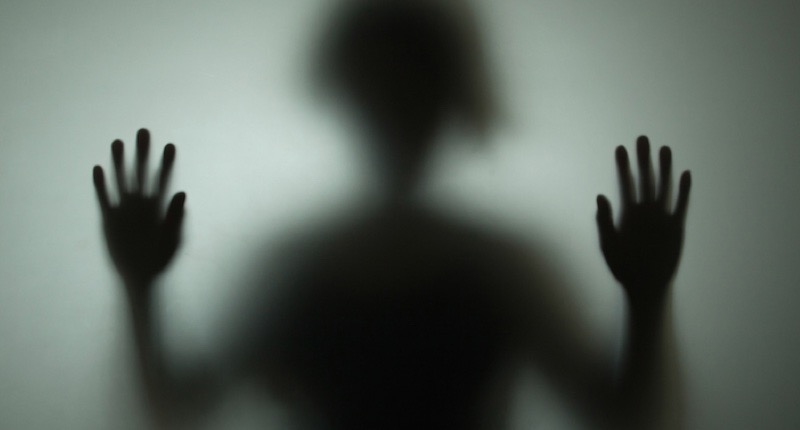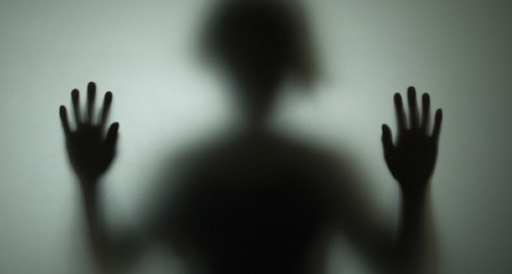
Anyone can feel anxious every now and then and it is normal. People often feel nervous when dealing with work related problems, right before a test, or even when making important decisions.
However, anxiety disorders are quite different. They can create such level of distress that it can interfere with your ability to lead a normal life.
These specific types of disorders are considered to be serious mental illnesses. For Those who have them, worry and fear are a constant and overwhelming weight that can at times be disabling.
With proper treatment, many of these people manage to control and often overcome those feelings and usually go back to a normal more fulfilling life.
Here Are The Types of Anxiety Disorders:
There are several kinds, which include:
Panic disorder. People who suffer this condition have sudden repeated feelings of terror that strike without warning. Other symptoms of a panic attack may include sweating, chest pain, Unusually strong or irregular palpitations (Arrhythmia), and the feeling of choking. You might feel like you’re having a heart attack or just "going crazy."
Social anxiety disorder. Also called social phobia, this involves overwhelming worry and self-consciousness about everyday social situations. The worry often centers on a fear of being judged by others, or behaving in a way that might cause embarrassment or lead to ridicule.
Specific phobias. These are intense fears of a specific object or situation, such as heights or flying. The level of fear is usually inappropriate to the situation and may cause you to avoid common, everyday situations.
Generalized anxiety disorder. This is excessive, unrealistic worry and tension, even if there's little or nothing to provoke the anxiety.
What Are the Symptoms of Anxiety Disorders?
It depends on the type of anxiety disorder, but general symptoms include:
• Feelings of panic, fear, and uneasiness
• Problems sleeping
• Cold or sweaty hands or feet
• Shortness of breath
• Heart palpitations
• Not being able to be still and calm
• Dry mouth
• Numbness or tingling in the hands or feet
• Nausea
• Muscle tension
• Dizziness
What Are the Causes of Anxiety Disorders?

The exact cause of anxiety disorders is unknown, but anxiety disorders -- like other forms of mental illness -- are not the result of personal weakness, a character flaw, or poor upbringing.
As scientists continue their research on mental illness, it is becoming clear that many of these disorders are caused by a combination of factors, including changes in the brain and environmental stress.
How Are Anxiety Disorders Treated?
Fortunately, much progress has been made in the last two decades in the treatment of people with mental illnesses, including anxiety disorders. Although the exact treatment approach depends on the type of disorder, one or a combination of the following therapies may be used for most anxiety disorders:
•Medication : Drugs used to reduce the symptoms of anxiety disordersinclude many antidepressants, certain anticonvulsant medicines and low-dose antipsychotics, and other anxiety-reducing drugs.
•Psychotherapy : Psychotherapy (a type of counseling) addresses the emotional response to mental illness. It is a process in which trained mental health professionals help people by talking through strategies for understanding and dealing with their disorder.
•Cognitive-behavioral therapy: This is a particular type of psychotherapy in which the person learns to recognize and change thought patterns and behaviors that lead to troublesome feelings.
•Dietary and lifestyle changes
•Relaxation therapy
Things you can do to reduce the chances of developing anxiety:
• Stop or reduce consumption of products that contain caffeine, such as coffee, tea, cola, energy drinks, and chocolate.
• Ask your doctor or pharmacist before taking any over-the-counter medicines or herbal remedies. Many contain chemicals that can increase anxiety symptoms.
• Seek counseling and support if you start to regularly feel anxious with no apparent cause.
Below we feature a very interesting video that talks more in depth about anxiety disorders and other common mental illnesses. Watch the video, leave your comments in the section below and share this article with your friends to possibly help them overcome anxiety.









